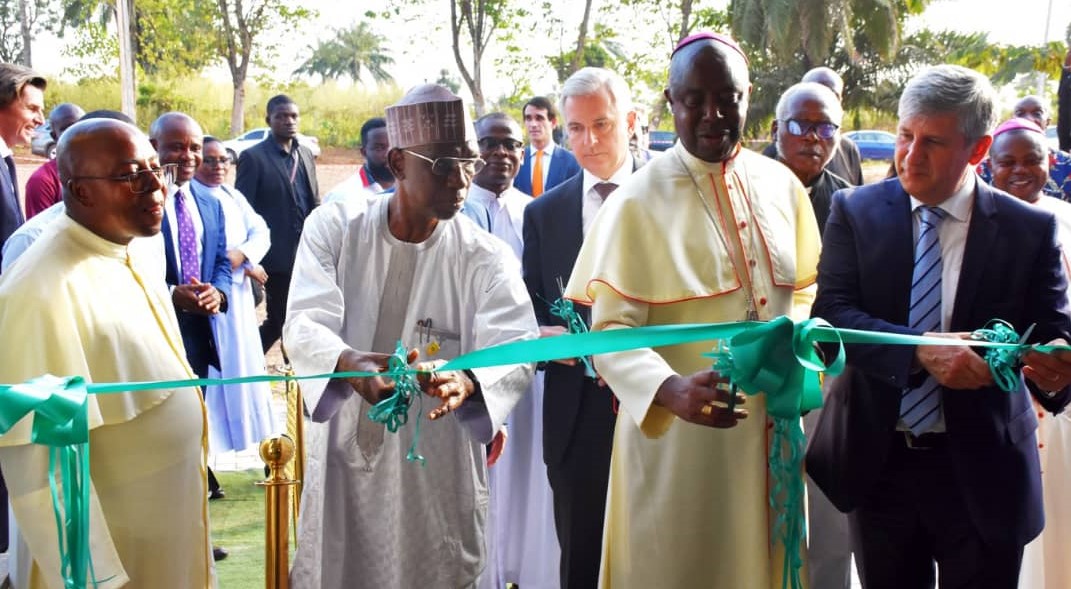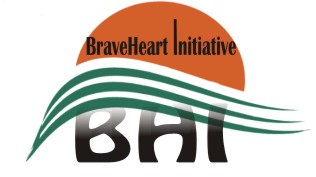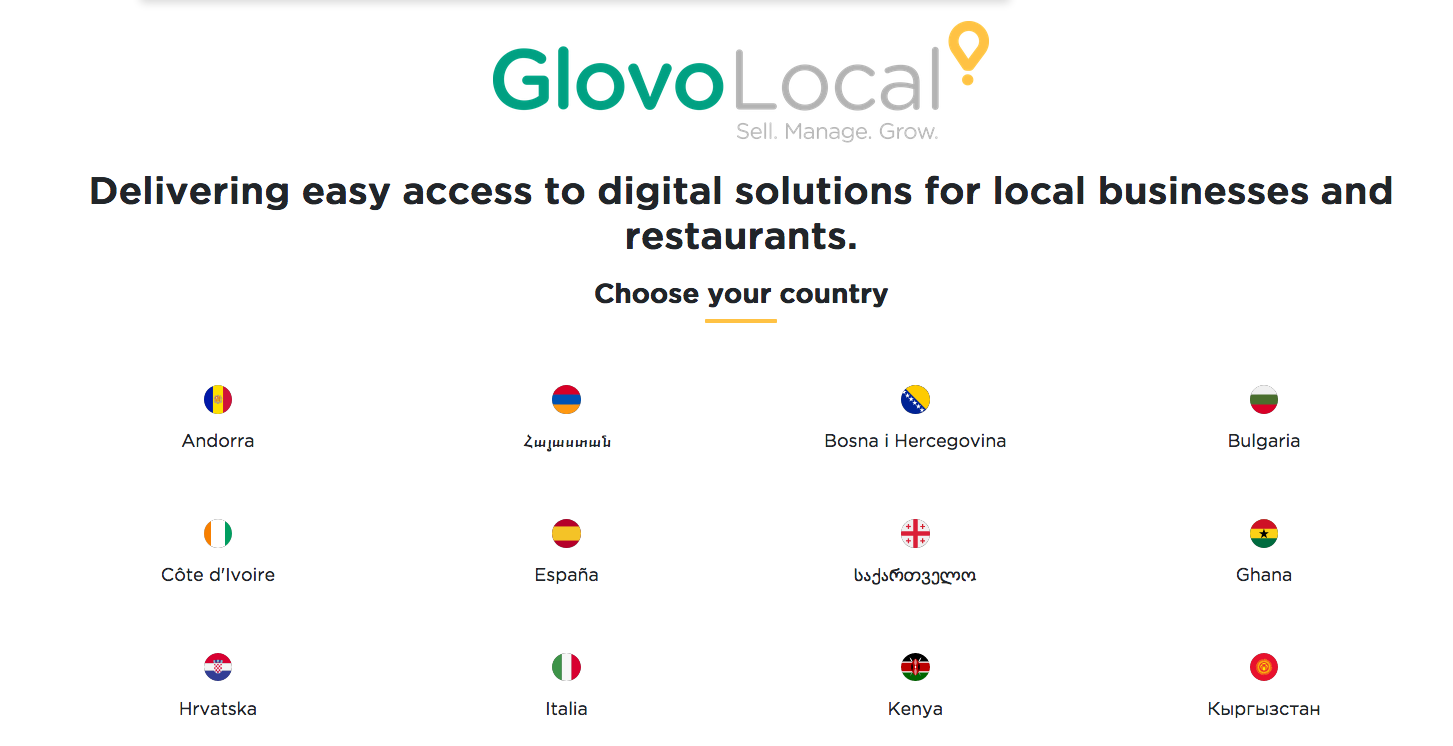On 25 November 2022, a vocational training facility, the Centre of Practical Skills, as well as the Godfrey Okoye University European Business Park, were opened in Enugu, Nigeria. This unique combination of private entrepreneur involvement and skilled worker training will enable 100 people per year to undertake dual education and training to learn skilled trades and become plumbers, electricians and construction supervisors.
The companies located in the business park will be responsible for the practical training, while the theory will be taught by the Centre of Practical Skills. The business park was set up by private investors. However, the Centre of Practical Skills is implemented by the International Centre for Migration Policy (ICMPD) in collaboration with private investors as well as the Austrian Development Agency (ADA), while operational support is provided by the GIZ funded by the German government. Godfrey Okoye University is a local partner and provided the land for the site. In addition, the university certifies the education and training, and provides opportunities for further professional improvement. As part of this cooperation, the skilled workers are additionally prepared for the labour market/private investors through an entrepreneurship programme (STEP).
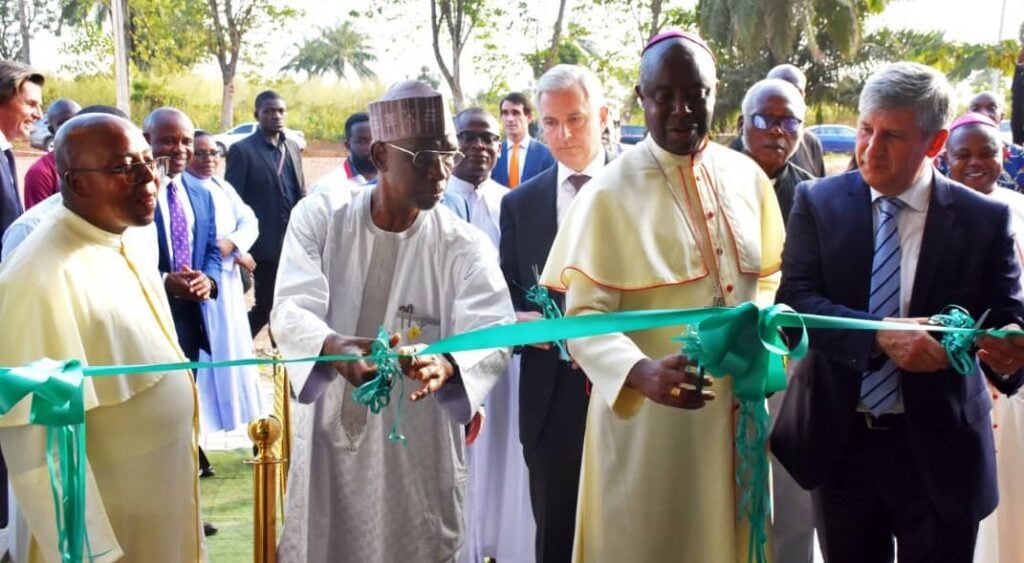
“A high and professional level of training helps all parties: people can find skilled work, sustainable knowledge transfer takes place and companies have well skilled workers available,” says ICMPD Director General Michael Spindelegger on the key benefits of the initiative. “For us, it’s about respectful cooperation on an equal footing from which all parties benefit- the people, the country and the companies.”
One of the aims of the initiative is to create prospects for the local population. The skilled worker training is in line with European standards and is based on the dual principle of theory and practice. At the same time, the aim is to specifically attract small and medium-sized enterprises (SMEs) to Nigeria with its large and growing market of over 220 million people. The three major barriers that prevent SMEs from setting up in African countries have been overcome through the business park: first, the infrastructure of the business park is in line with European standards and the park has its own independent supply of energy and water. Secondly, security is guaranteed by the business park’s partnership with Godfrey Okoye University (a Catholic university), a famous local institution. Thirdly, companies have access to skilled workers that they have helped to train in their own businesses.
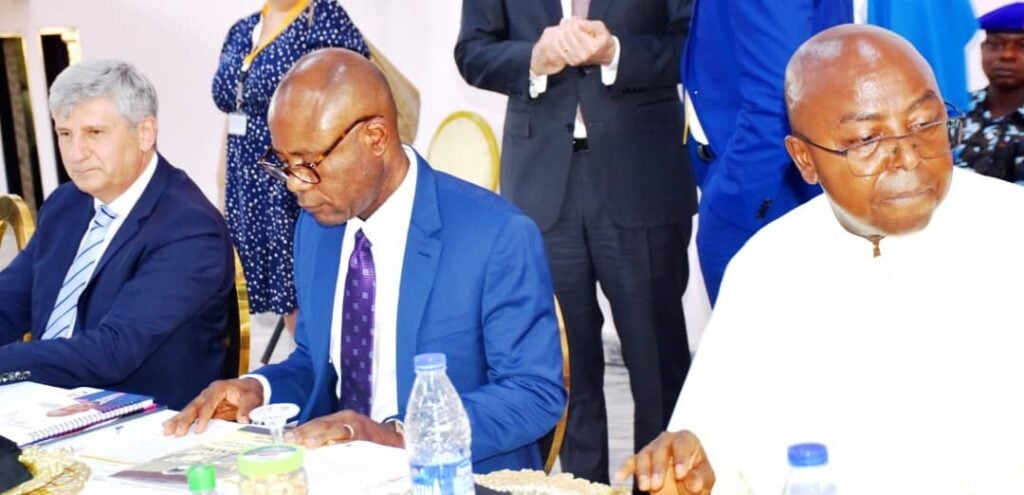
“Many European companies see the opportunities that exist in many African markets. Usually, only the really big ones dare to take the step. That is why we have created the conditions so that SMEs can also establish themselves in a secure and stable environment” says ICMPD Director General Michael Spindelegger. “In view of these opportunities, many companies are willing to contribute to the training of workers they will soon employ. On this basis, they can then participate in Nigeria’s growing and yet unpenetrated market of over 220 million people.” From 2024 onwards, the aim is to expand the training programme, to include building services, IT, food processing, textiles and tourism, to offer the corresponding training positions and to attract new companies. There are also plans to open a start-up centre in 2025, which will help people to become self-employed and start their own businesses. Amounting to €4.5 million, all the funds invested in the business park have come from Austrian investors. The operating costs of the Centre of Practical Skills are covered by the German government through the GIZ as the main sponsor and by ADA.
To date, the companies that have set up businesses here include the pipe systems producer KE KELIT, construction company Elite Bau, installation engineers Elektro MERL and the baking company Gragger. The companies highly value location factors such as the lack of a language barrier (the official language is English), the additional training in entrepreneurial thinking, the time difference of just one hour, and the taxation and legal assistance provided to start-ups by staff at the European Business Park.
